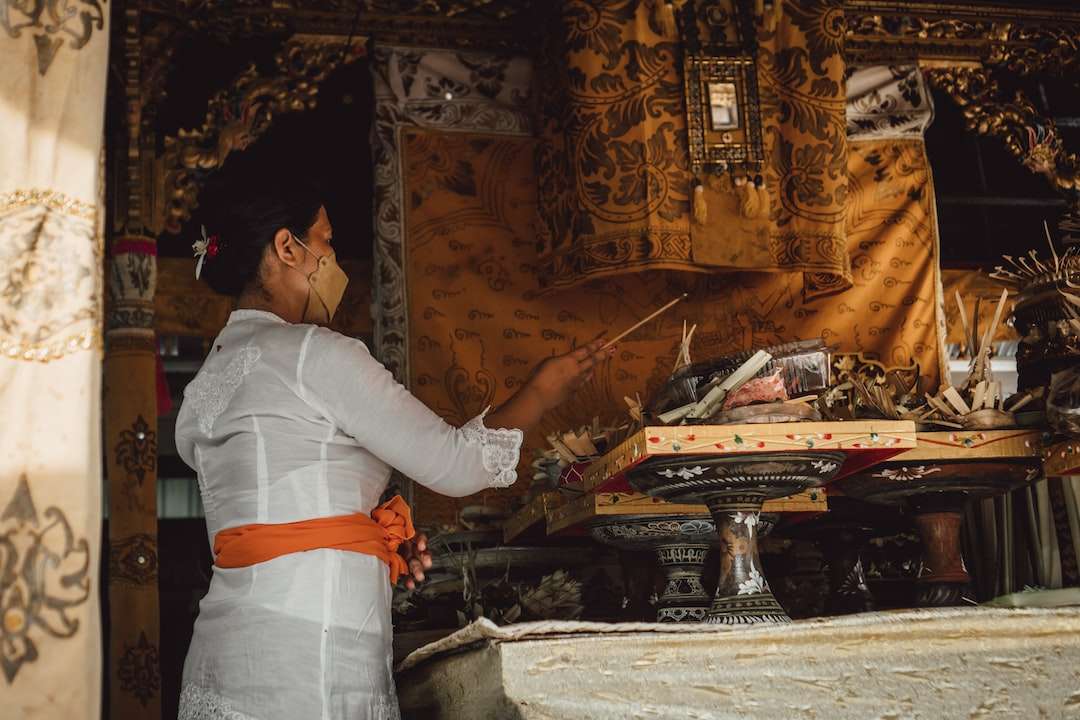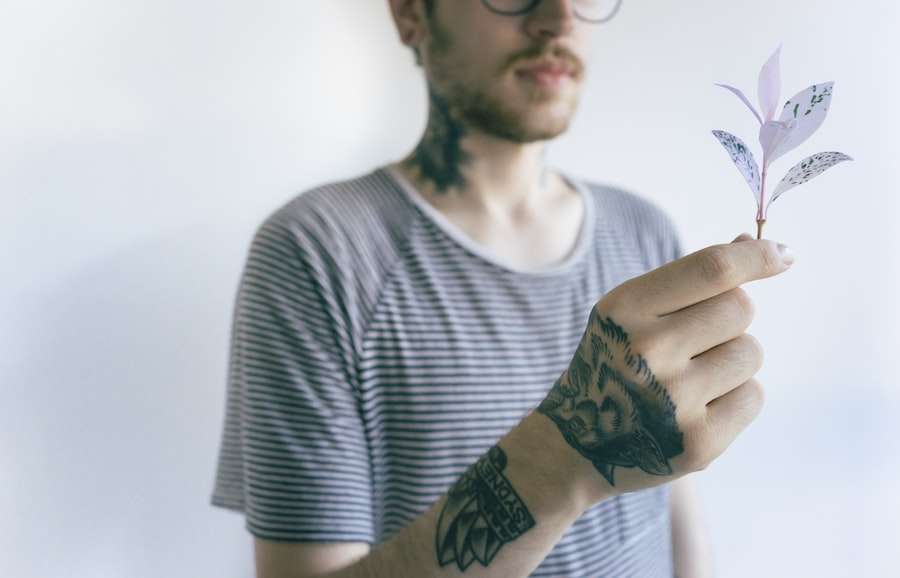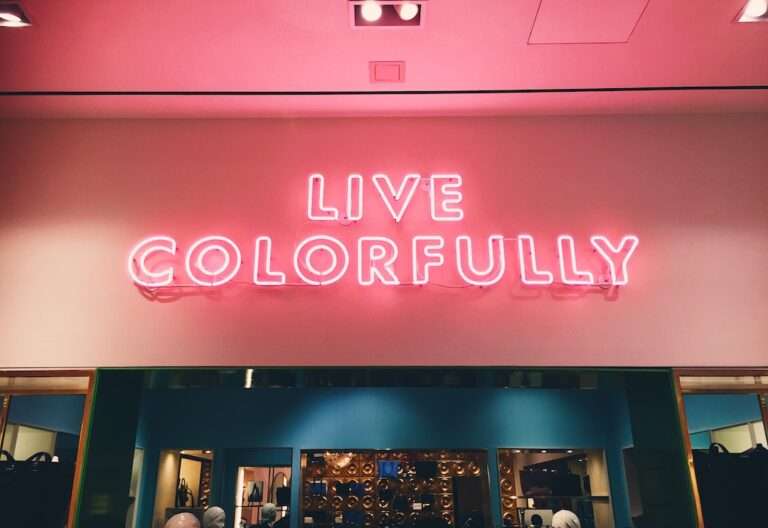The Art of Cultural Tattoos: Traditional Ink

Tattoos have been a part of human culture for thousands of years, serving as a form of personal expression, cultural identity, and even spiritual significance. In different societies around the world, tattoos hold deep cultural and historical significance, representing traditions, beliefs, and values that have been passed down through generations. From the ancient Polynesians to the indigenous tribes of North America, cultural tattoos have played a vital role in preserving and celebrating cultural heritage. In this article, we will explore the rich history, symbolism, techniques, and contemporary interpretations of cultural tattoos.
Historical background
The practice of tattooing dates back thousands of years and can be traced to various ancient civilizations. The origin of traditional tattooing practices is often shrouded in mystery, but it is believed to have originated in ancient Egypt around 2000 BC. The Egyptians used tattoos as a form of protection and identification, with symbols representing their social status or religious beliefs.
In other parts of the world, such as Polynesia and the Maori culture in New Zealand, tattooing has been an integral part of their cultural traditions for centuries. Polynesian tattoos, also known as tatau, were used to signify social status, achievements, and even genealogy. The intricate designs and patterns were created using traditional tools such as bone combs and natural dyes made from plants.
Symbolism and meanings
Cultural tattoos are often imbued with deep symbolism and meanings that reflect the values and beliefs of a particular culture. These symbols can vary widely across different cultures but often represent important aspects such as spirituality, protection, fertility, or bravery.
For example, in Japanese culture, the cherry blossom tattoo symbolizes beauty and the transient nature of life. In Maori culture, the koru symbol represents new beginnings and growth. In Native American culture, the eagle feather tattoo is a symbol of honor and bravery.
Cultural diversity
One of the most fascinating aspects of cultural tattoos is the diversity of designs and styles across different cultures. Each culture has its own unique aesthetic and symbolism, resulting in a wide range of tattoo designs.
In Polynesian culture, for example, the designs are characterized by bold, geometric patterns that often cover large areas of the body. In contrast, traditional Japanese tattoos feature intricate details and vibrant colors, depicting mythical creatures and folklore.
Traditional techniques
The tools and methods used in traditional tattooing vary greatly across different cultures. In some cultures, such as the Maori and Polynesian cultures, traditional tattooing was done using bone combs or sharp objects to create intricate patterns on the skin. Natural dyes made from plants or animal products were used to color the tattoos.
In other cultures, such as the Japanese culture, traditional tattooing involved using a hand-held needle attached to a wooden or bamboo handle. The ink was manually inserted into the skin using a tapping or poking motion.
Cultural preservation

Cultural tattoos play a crucial role in preserving cultural identity and heritage. They serve as a visual representation of a culture’s traditions, beliefs, and values, allowing future generations to connect with their roots.
In many indigenous cultures, cultural tattoos are seen as a way to honor ancestors and keep their traditions alive. They are also used as a form of storytelling, with each tattoo representing a specific event or achievement in a person’s life.
Contemporary interpretations
In today’s modern society, traditional tattooing practices have been adapted and influenced by contemporary culture. While some cultures continue to practice traditional tattooing methods, others have embraced modern techniques and designs.
For example, in Western societies, cultural tattoos have become popular among individuals who want to connect with their heritage or express their appreciation for a particular culture. These tattoos often incorporate traditional symbols and designs but may be modified to suit individual preferences.
Taboos and misconceptions
Cultural tattoos have often been subject to misconceptions and taboos in certain societies. In some cultures, tattoos may be associated with criminal activity or rebellion, leading to negative stereotypes.
However, it is important to recognize that cultural tattoos hold deep cultural and historical significance and should be respected as such. It is crucial to educate oneself about the cultural context and meanings behind these tattoos before making any judgments or assumptions.
Personal expression
Cultural tattoos serve as a powerful form of personal expression and identity. They allow individuals to connect with their heritage, express their beliefs, and showcase their individuality.
For many people, cultural tattoos are a way to honor their ancestors and preserve their cultural heritage. They can also serve as a reminder of personal achievements, milestones, or significant events in one’s life.
Cultural tattoos have stood the test of time and continue to be an important part of human culture. They serve as a visual representation of our history, beliefs, and values, allowing us to connect with our roots and preserve our cultural heritage.
In today’s globalized world, cultural tattoos play an even more significant role in promoting diversity and understanding among different cultures. They serve as a bridge between different societies, allowing us to appreciate and respect the rich tapestry of human culture.
Whether it is a Polynesian tatau, a Maori moko, or a Japanese irezumi, cultural tattoos are a testament to the enduring appeal and relevance of this ancient art form. They remind us of our shared humanity and the importance of preserving our cultural traditions for future generations.
If you’re interested in exploring the deep cultural meanings behind tattoos, you might find this article on the symbolism of tattoos fascinating. It delves into the rich history and significance of tattoos across different cultures, shedding light on how these body art forms can represent personal beliefs, social status, and spiritual connections. From ancient tribal markings to modern interpretations, this article explores the diverse cultural perspectives on tattoos. Check it out here: Symbolism of Tattoos.
FAQs
What are cultural tattoos?
Cultural tattoos are tattoos that are deeply rooted in the traditions, beliefs, and practices of a particular culture or community.
What is the meaning behind cultural tattoos?
The meaning behind cultural tattoos varies depending on the culture or community they come from. They can represent a person’s identity, social status, spiritual beliefs, or cultural heritage.
What are some examples of cultural tattoos?
Some examples of cultural tattoos include Maori tattoos from New Zealand, Polynesian tattoos from the Pacific Islands, Celtic tattoos from Ireland, and Henna tattoos from India.
What is the significance of Maori tattoos?
Maori tattoos, also known as Ta Moko, are a sacred art form that represents a person’s identity, social status, and genealogy. Each tattoo design is unique and tells a story about the person who wears it.
What do Polynesian tattoos symbolize?
Polynesian tattoos, also known as Tatau, symbolize a person’s identity, social status, and spiritual beliefs. They often feature intricate geometric patterns and symbols that represent different aspects of Polynesian culture.
What is the history behind Celtic tattoos?
Celtic tattoos have a long history dating back to ancient times. They were often used to mark a person’s social status or to commemorate important events. Today, Celtic tattoos are popular among people who want to celebrate their Irish or Scottish heritage.
What is the significance of Henna tattoos?
Henna tattoos, also known as Mehndi, are a traditional form of body art in India and other parts of South Asia. They are often used to celebrate weddings and other special occasions and are believed to bring good luck and fortune.





